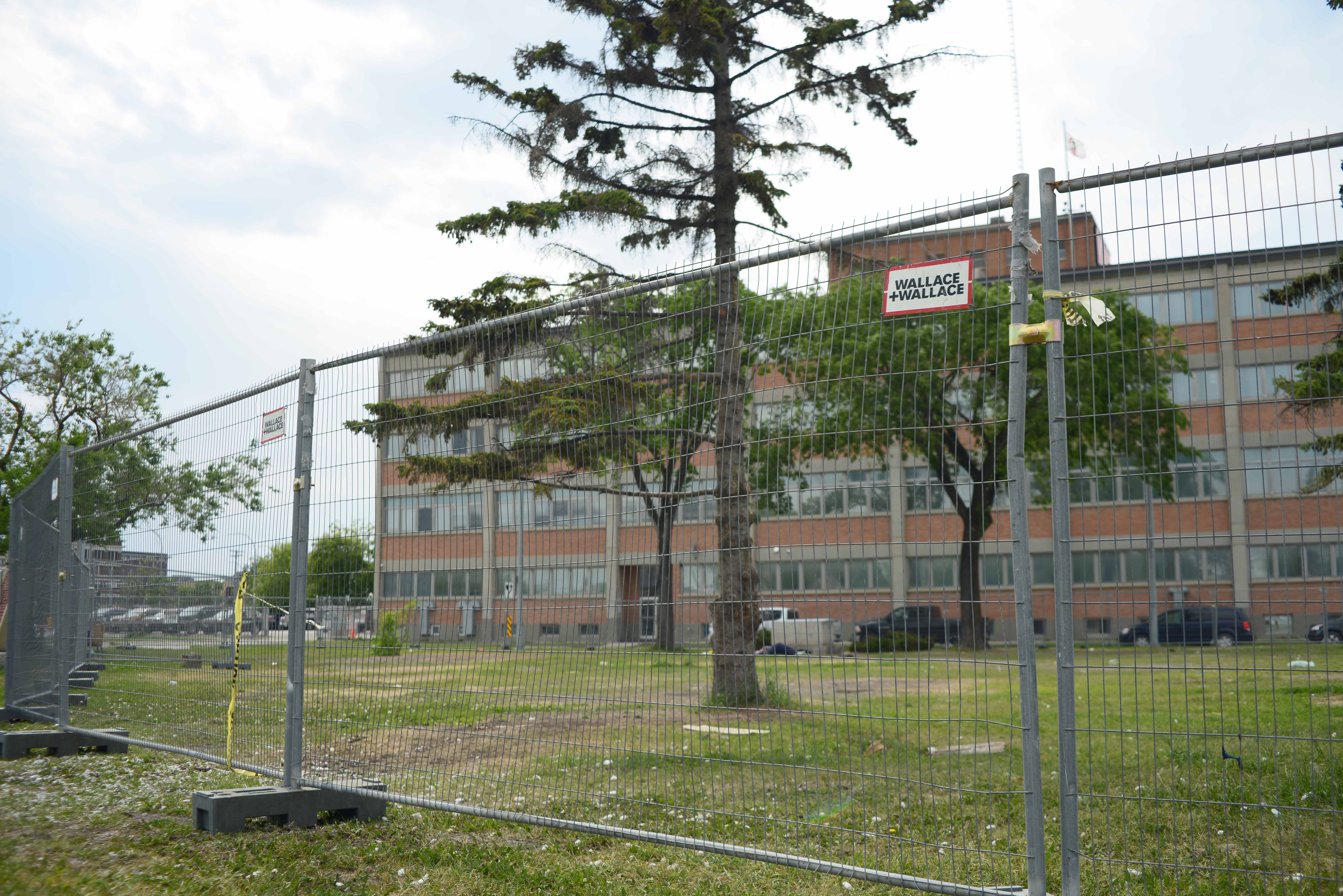Most people have confronted death in one way or another. Whether it be surviving the loss of a loved one or consoling those experiencing the deep-cutting pain of grief, everybody will eventually have to endure its universal grip on our existence. Those who have felt the mourning that losses evoke tend to question how they can honour the lives of those who have passed on, what kind of death they wish to have, how they want to be remembered and who they want by their side when the time comes. These are uncomfortable thoughts — largely because dying will never be a comfortable process. Nevertheless, most people can agree that the ideal death would be painless, with loved ones around you.
We can only hope that these solaces will be afforded to us. In an ideal world, we’d be able to avoid the unnecessary pain of abrupt or violent deaths. However, many victims find themselves beholden to social and political powers beyond their control.
On Jan. 19, the bodies of Jagdish Baldevbhai Patel, his wife Vaishaliben Jagdishkumar Patel and their son and daughter Dharmik and Vihangi were found and recovered in southern Manitoba following a failed attempt to cross the U.S.-Canada border. Autopsies of the bodies found the family died from prolonged exposure to the cold.
It would be hard to think of a more difficult death. The whistling wind blowing blinding snow into the air, frigid temperatures biting exposed skin, an eerie stillness that can be deceptively peaceful, yet far from safe. Manitobans may know the danger of these conditions, but few have been exposed to them to the point of death. Just the thought of jumping into a cold car in the morning on the way to work is enough to make most Manitobans’ skin crawl.
These deaths were far from the family’s choice. Economic instability or political persecution in home countries, mixed with the U.S. and Canada’s unsupportive and often oppressive immigration systems, force the hands of migrants seeking asylum. When people are refused entry or refused humane conditions upon entry, gambling on death becomes a risk that migrants are willing to take in the pursuit of safer lives.
Although this family was on their way to the U.S., Canada’s immigration system is just as guilty of promoting dangerous treks across the border and the exploitative conditions migrants face via their segregation from so-called official status.
Authorities have arrested a man — believed to have connections to a human trafficking network — who was caught transporting other Indian nationals across the border in his van. Investigators believe the Patel family was separated from this group and attempted to walk across the border, eventually leading to their deaths.
These traffickers would be out of business if our immigration system weren’t so rigid. By restricting the right to move freely across these arbitrary lines, Canada and the U.S. create opportunities for violent and exploitative organizations that prey on people’s desperation.
While it is uncommon for migrants to make it across the Canadian border without being stopped and having their documents checked and recorded, the conditions created by this process harm migrants’ livelihoods. Migrants tend to resort to seeking temporary residence through Canada’s Temporary Foreign Worker Program. This program makes migrants’ temporary status dependent on their ability to hold a job. As a result, employers exploit this power to offer migrants lower wages and abuse basic labour rights. Further, the lack of status creates significant barriers to accessing the health-care system, education or emergency services. Fear of reprisal tends to loom heavily over migrants’ heads and Manitoba is guilty of reinforcing this precarious environment.
Various cities across Canada, like Toronto, Vancouver and Montreal, have introduced Access Without Fear legislation to avoid the systemic violence associated migrant status. These policies encourage access to bank accounts, health care and various other services by making it illegal for municipal staff to ask for documentation of people’s status. For years, various migration advocacy groups have called attention to Winnipeg’s need for such a policy, and the recent events that unfolded on Manitoba’s border reinforce this argument.
People are dying, and the sad irony is that they are dying to access safer conditions.





